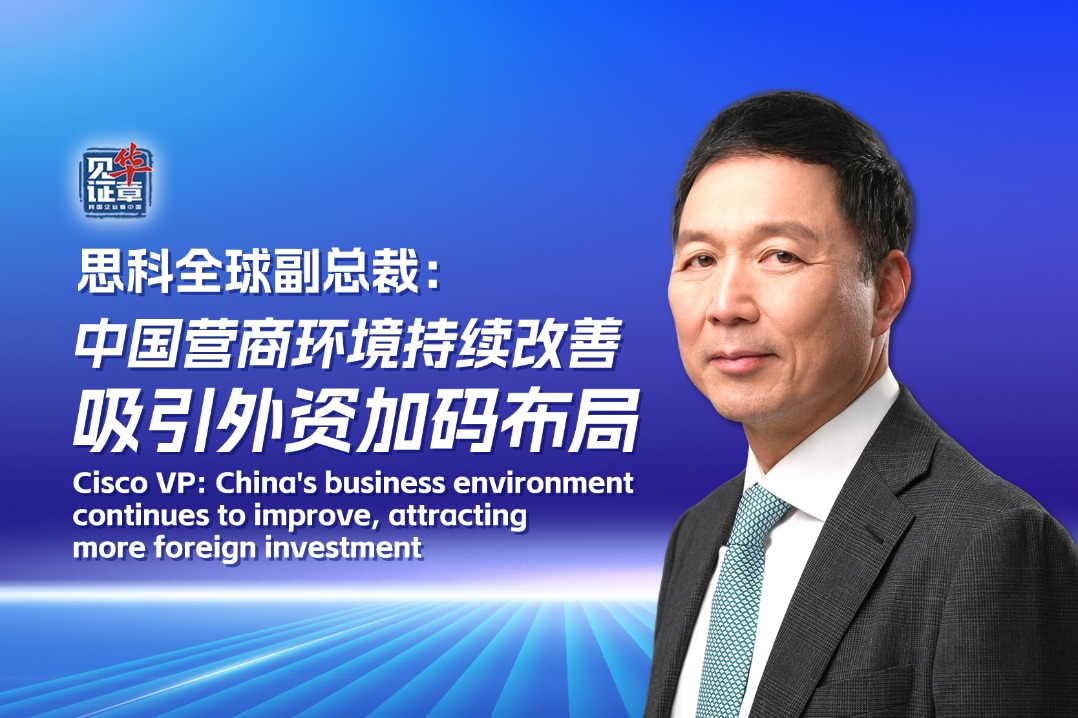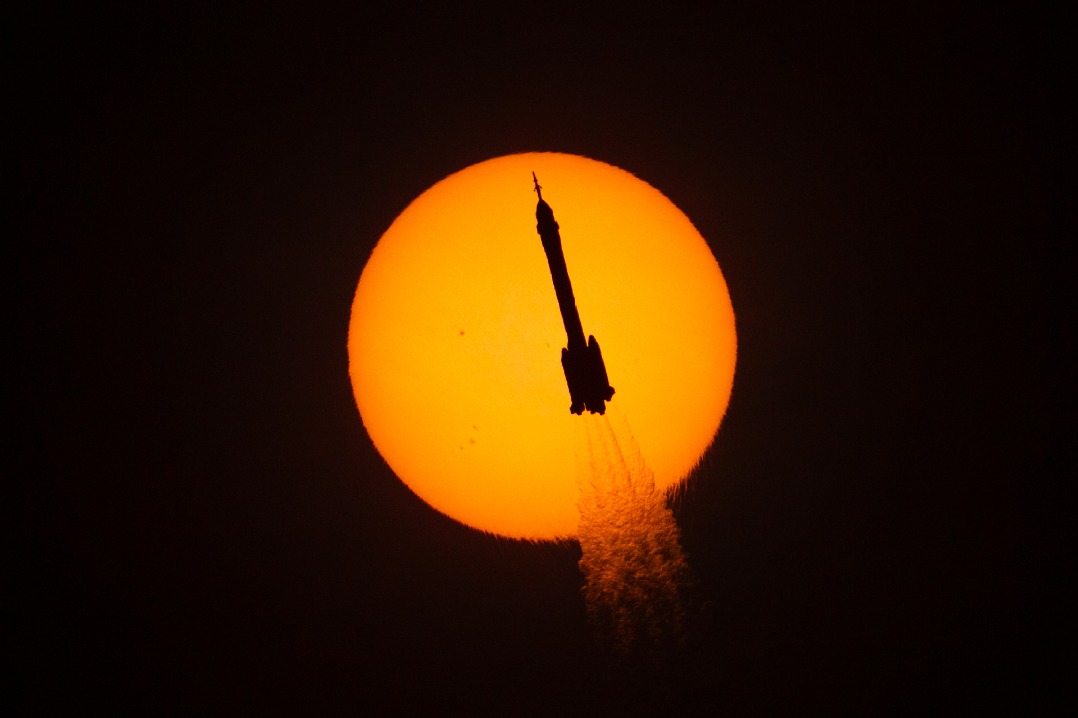Trade protectionism for the sake of selfish interests will only backfire
China Daily | Updated: 2024-05-16 08:11

Some countries are trying to hype up the claim of "overcapacity" in China, accusing its new energy industry of relying on subsidies for large volumes of exports, and greatly impacting the international market. This argument runs counter to common sense and the facts and is, in essence, a new case of a "double standard" and trade protectionism. China's new energy sector represents advanced production capacity, not only enriching global supply and alleviating global inflationary pressure, but also making great contributions to the global green transition.
International trade is a kind of international division of labor and cooperation among countries based on their comparative advantages. China's new energy products are widely welcomed in the international market, given that they meet the urgent need to realize a global green transformation and help achieve the goals of the Paris Agreement. China exported 1.2 million new energy vehicles in 2023, which can help reduce carbon emissions by about 2 million tons. The price of Chinese-made NEVs exported to Europe is higher than the price of vehicles sold in China, meaning there is no dumping as some in Western countries are alleging.
It is a common practice for countries to use industrial subsidy policies to guide their industrial development and adjust their industrial structure. The key is whether this practice complies with World Trade Organization rules and is based on the principles of fairness, transparency and nondiscrimination. China's industrial subsidy policies strictly abide by WTO rules. China informed the WTO of its relevant subsidy policies in a timely and comprehensive manner, and there are no prohibitive subsidies as stipulated by the WTO.
In contrast, the United States and Europe have significantly increased their subsidies, which include a large number of exclusive and discriminatory practices. Using "overcapacity" as an excuse to suppress China actually shows their anxiety about their own competitiveness. Any trade protectionism for the sake of selfish interests will only backfire.
-Ministry of Commerce
























